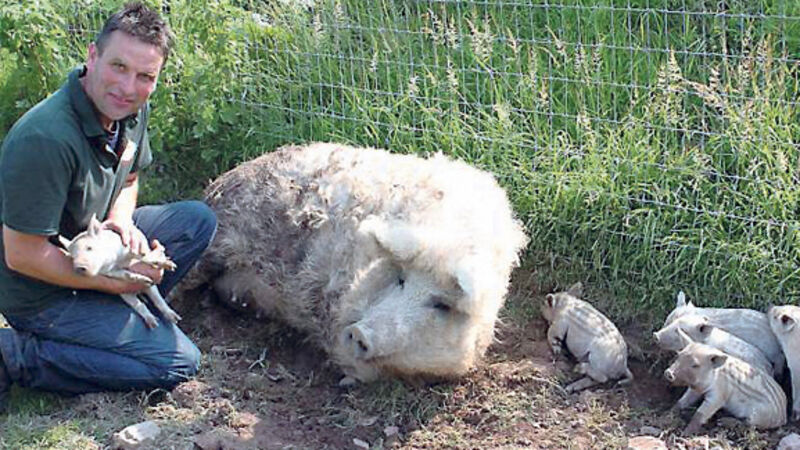Having fun and learning valuable lessons about where our food comes from

THE weekly shopping trip is stressful enough.
You’re pushing a trolley around your local supermarket and while you try to tot up your total, pick out the freshest products and tick off your list, you’re faced with a barrage of questions from your little ones about the foods on the shelves.










